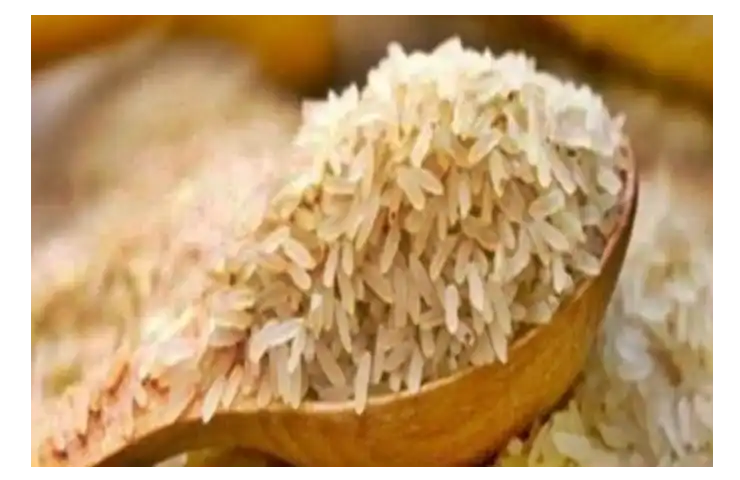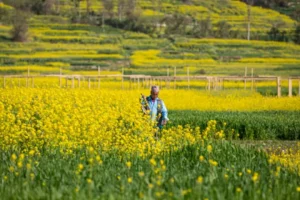India’s ban on food grain exports will not be lifted anytime soon amid rising concerns over an El Nino situation. After total exports of rice touched 22.28 million tonnes (MT) in 2022-23, the outbound shipment this year may drop. Amid intense uncertainty in the geopolitical situation, India’s rice exports could have implications on global food security. India is the world’s largest exporter of rice, accounting for more than 40 per cent of the global trade.
Last year, the Centre banned exports of broken rice while imposing a 20 per cent duty on non Basmati rice to contain inflation and ease supplies of food grains.
Despite that, the outbound shipment of non Basmati grain stood at 17.78 MT — the highest ever. In 2021-22 the total exports of non Basmati rice stood at 17.2 MT. Exports of Basmati rice increased too from 3.98 MT in 2021-22 to 4.5 MT in FY 23. However, this is a tad lower than 4.6 MT exported in FY 21.
The Centre is keeping a close watch on the climatic conditions to ensure that the impact of the agriculture sector is minimal. Contingency plans are also being chalked up.
“It is an evolving situation. But, more importantly, we have adequate food stock. There is no problem with the buffer stock. We are not as vulnerable as we used to be in the past to El Nino type shocks,” Sanjeev Sanyal, Member Economic Advisory Council to the Prime Minister, told India Narrative earlier in an interview.
“This year, exports of rice will be much lower. Last year, the imposition of the 20 per cent duty, along with a complete ban on broken variety kicked in from the middle of the financial year and this enabled us to maintain the export momentum. But the situation this year is different. Unless there are policy changes, we would see a drop in exports in 2023-24 as we would feel the full impact of the restrictive measures in 2023-24,” Vinod Kaul, Senior Executive Director, All India Rice Exporters’ Association, told India Narrative.
The Wall Street Journal last year in a report said that India banned exports of broken rice and levied a tax on other key varieties “would add to global inflationary pressure and exacerbate food supply pains caused by the war in Ukraine.”
However, a government official said that India’s prime concern would be to ensure food security for its own citizens.
Meanwhile, rice sowing season will begin in a month. “Let us not press the alarm button now, there is time left and we are hopeful of a normal sowing of the grain,” Kaul added.
Also read: Untimely rains amplify importance of millet cultivation to stabilise India’s food security




















